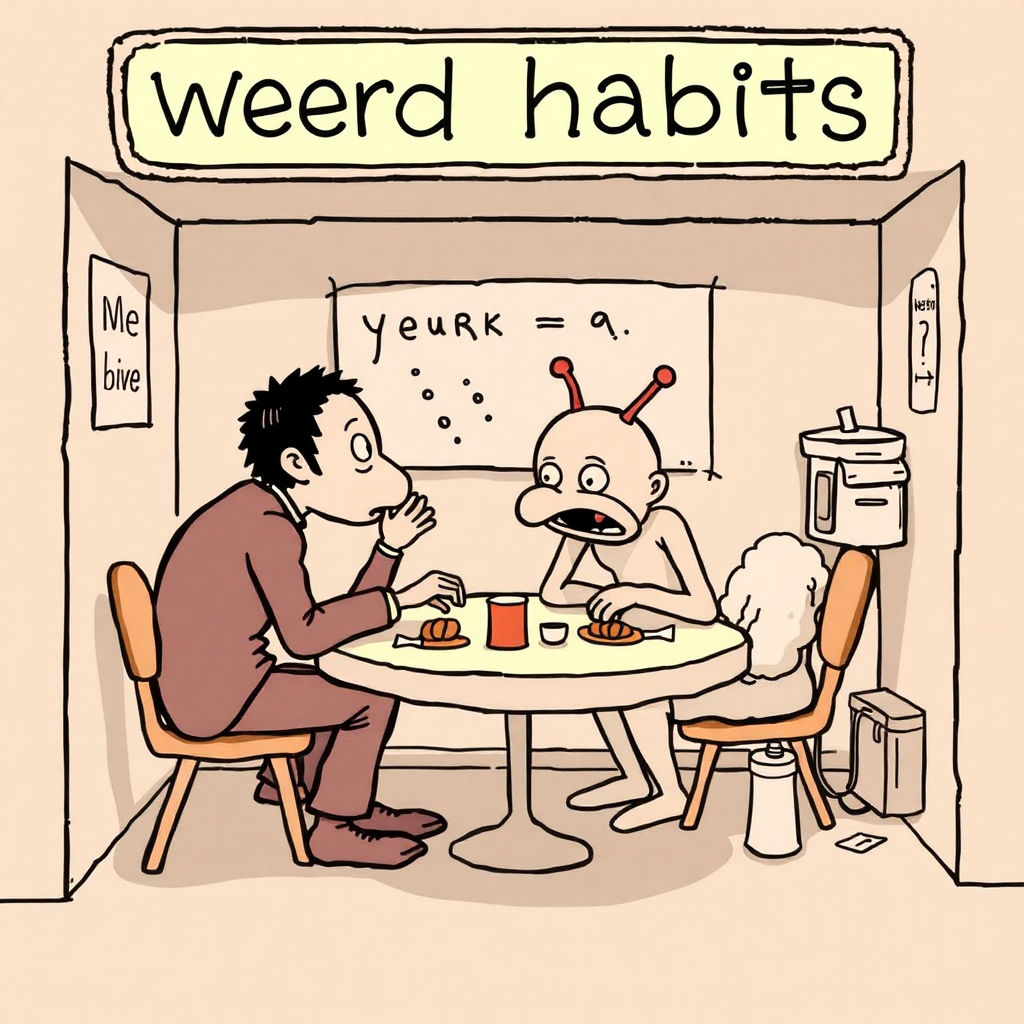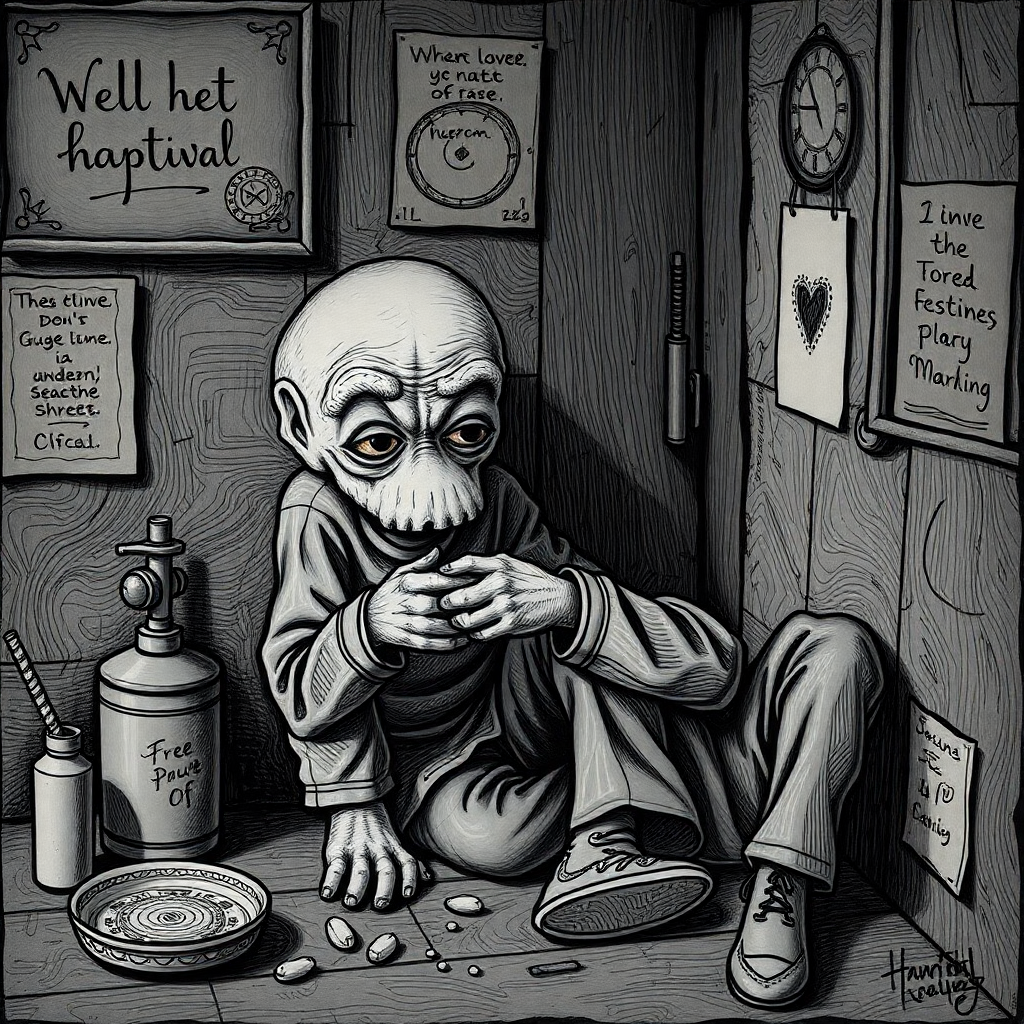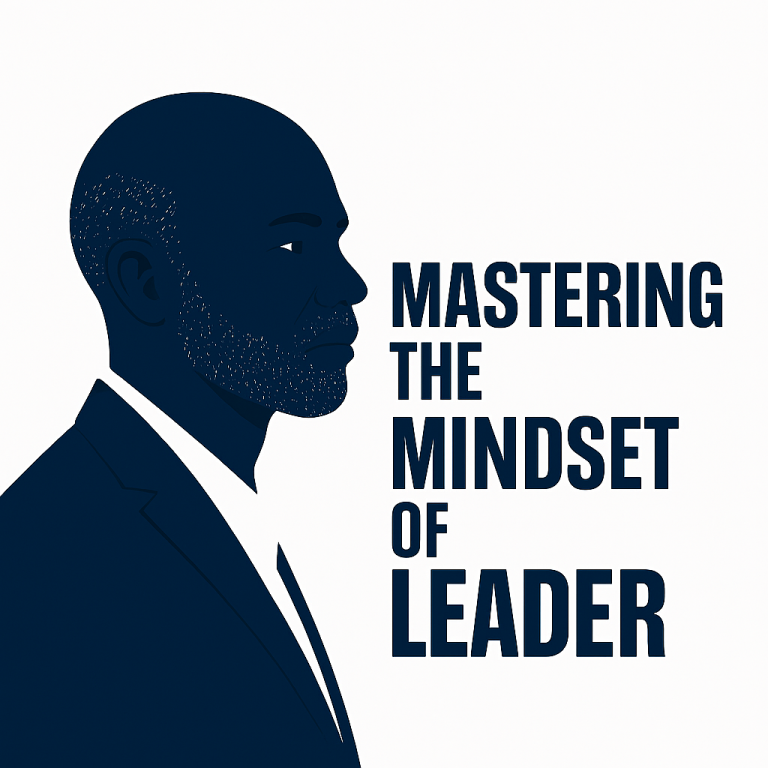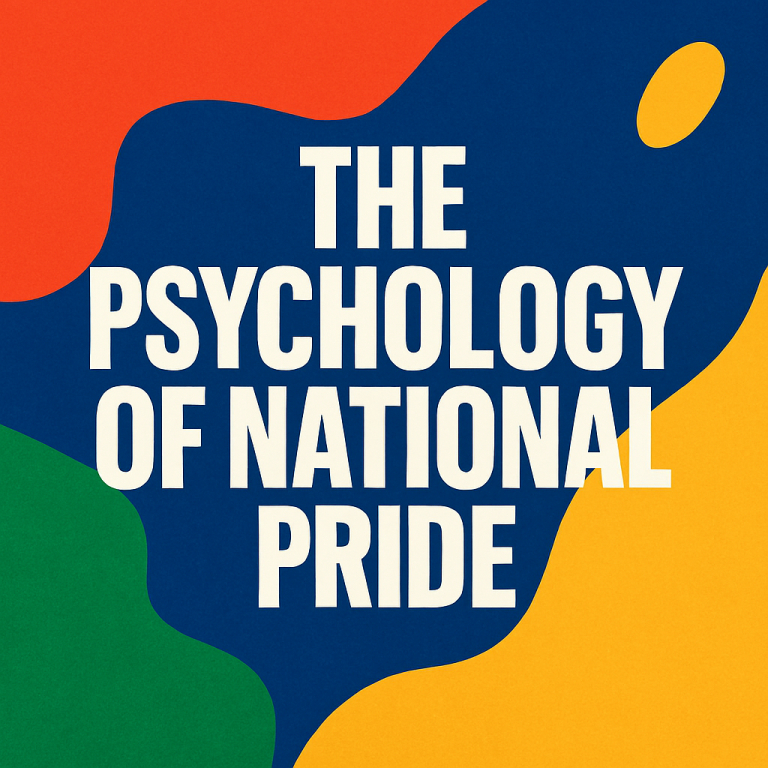The Random Psychology of Weird Habits
The Psychology of Weird Habits
Quirks That Define Us
From obsessively arranging objects to humming the same tune before a task, weird habits are a fascinating window into human behavior. These quirks may seem peculiar on the surface, but they often hold deeper psychological meaning. Far from being random, these habits serve as coping mechanisms, expressions of individuality, or even unconscious rituals.
What Defines a “Weird” Habit?
A habit becomes labeled as “weird” when it diverges from societal norms or expectations. However, what’s weird to one person might be perfectly normal to another. This subjective nature of “weirdness” speaks to the diversity in individual experiences, cultural upbringing, and personal quirks. These habits often arise as coping mechanisms, creative expressions, or even unconscious behaviors that carry personal meaning.
The Role of Conditioning and Repetition
Psychologists suggest that habits—whether ordinary or peculiar—are largely formed through conditioning. Repeated actions create neural pathways in the brain, which solidify behaviors over time. Weird habits often emerge when specific conditions, emotions, or experiences are consistently tied to an action. For instance, someone might crack their knuckles every time they feel stressed, turning the act into a habitual stress reliever.
The Link Between Habits and Anxiety
Weird habits are frequently linked to anxiety or the need for control. Small rituals or repetitive behaviors can offer a sense of stability in an unpredictable world. While not all peculiar habits are rooted in anxiety, some serve as self-soothing mechanisms to calm the mind during moments of uncertainty.

Individuality and Personal Meaning
On a deeper level, unusual habits can reflect individuality and personal meaning. Some people might hold onto a quirky behavior because it reminds them of a cherished memory or person. These habits, though peculiar to others, can be comforting or even joyful for the individual.
The Impact of Childhood Experiences
Weird habits often have their origins in childhood. Early experiences, family dynamics, or learned behaviors can shape unique quirks that persist into adulthood. For example, a child who developed a ritual to calm their nerves before a big test might carry a similar habit into their professional life.

Cultural Influences on Habits
Cultural context plays a significant role in what is considered “weird.” Habits that seem unusual in one culture might be entirely commonplace in another. This highlights the importance of understanding habits through a cultural lens and appreciating the diversity of human behavior across societies.
How Weird Habits Influence Creativity
Interestingly, weird habits are often linked to creativity. Some of history’s most creative individuals were known for their peculiar routines or behaviors. These habits can create mental “anchors” that help focus the mind or set the stage for innovative thinking.

The Science of Breaking a Weird Habit
For those who find their weird habits problematic, breaking them requires an understanding of the underlying triggers. Techniques such as mindfulness, cognitive-behavioral therapy, or habit substitution can help reshape these behaviors without judgment or self-criticism.
Embracing Weird Habits in Relationships
Weird habits are an integral part of personal identity, and accepting them can strengthen relationships. Sharing and embracing quirks fosters deeper connections and mutual understanding, showing that these habits are often harmless expressions of individuality.
Why Weird Habits Deserve Acceptance
Understanding the psychology of weird habits fosters empathy and acceptance. Instead of labeling someone’s quirks as strange, appreciating them as a part of their unique identity creates a more inclusive view of human behavior. After all, everyone has their idiosyncrasies that contribute to the beautiful complexity of being human.

Conclusion
Weird habits are far more than random quirks—they’re a testament to the complex psychological processes that shape human behavior. By examining their origins and significance, we gain a deeper appreciation for individuality and the diverse ways people navigate their lives. Embracing these habits as part of what makes us unique fosters a more empathetic and accepting perspective toward ourselves and others.
Join the Discussion
Weird habits make us uniquely human, offering insights into our personalities and the way we navigate the world. What are some of your quirks or unusual habits? Do you embrace them, or have you ever tried to change them?
#WeirdHabits #PsychologyFacts #HumanBehavior #QuirksAndTraits #UniqueHabits #HabitFormation #BehavioralScience #MentalHealthMatters #Individuality #CreativeQuirks #CopingMechanisms #SelfExpression #MindAndBody #AnxietyRelief #DailyRoutines #PersonalityTraits #BreakingHabits #BehaviorPatterns #CulturalHabits #MindfulLiving #SelfAwareness #StressManagement #PsychologyOfHabits #BrainScience #AcceptingDifferences #EmbracingQuirks #IdentityAndHabits #HabitPsychology #HabitsMatter #LifeQuirks








7 Comments